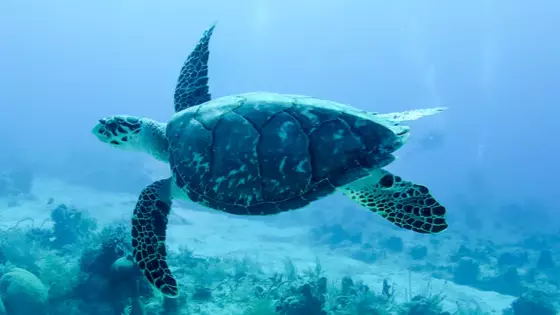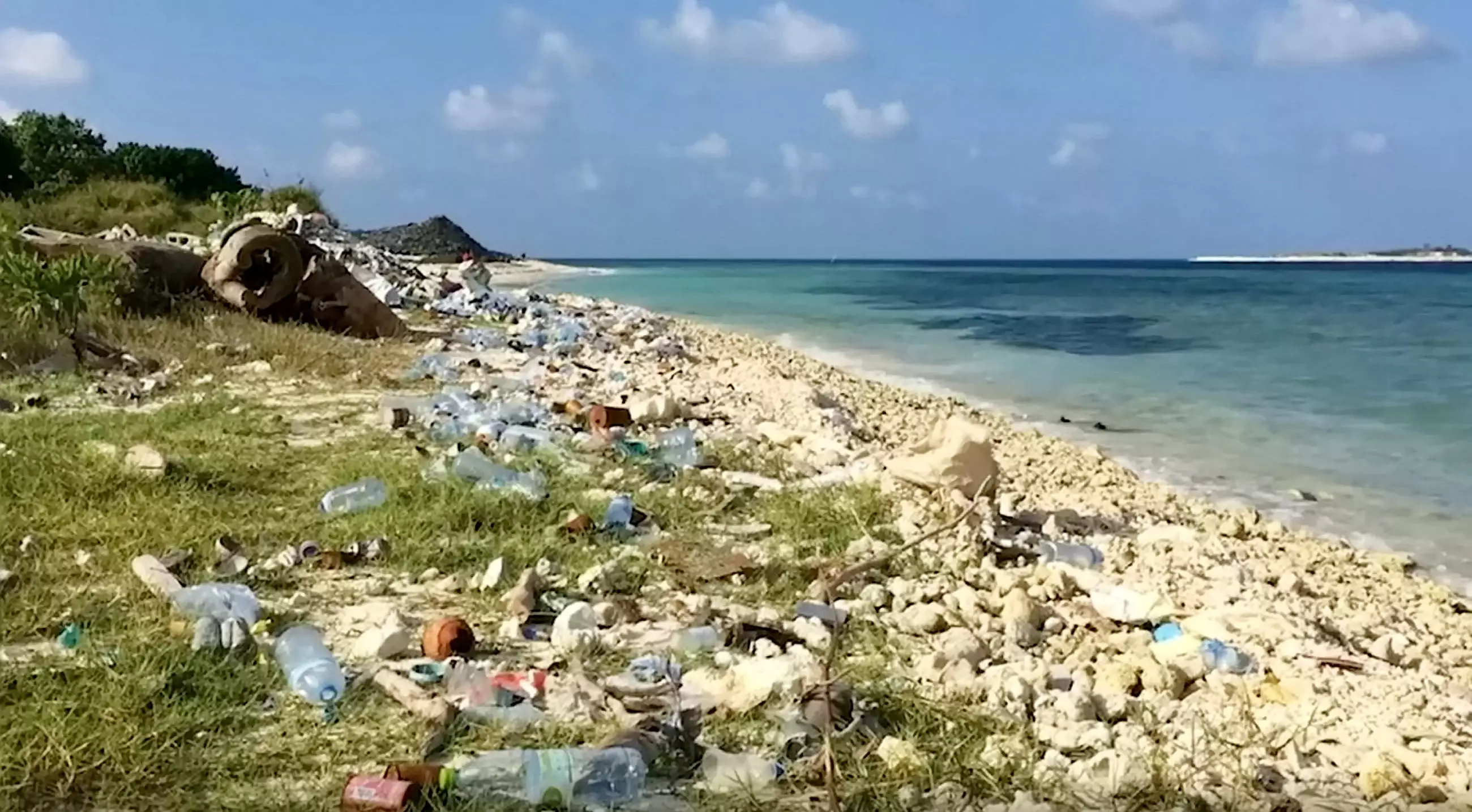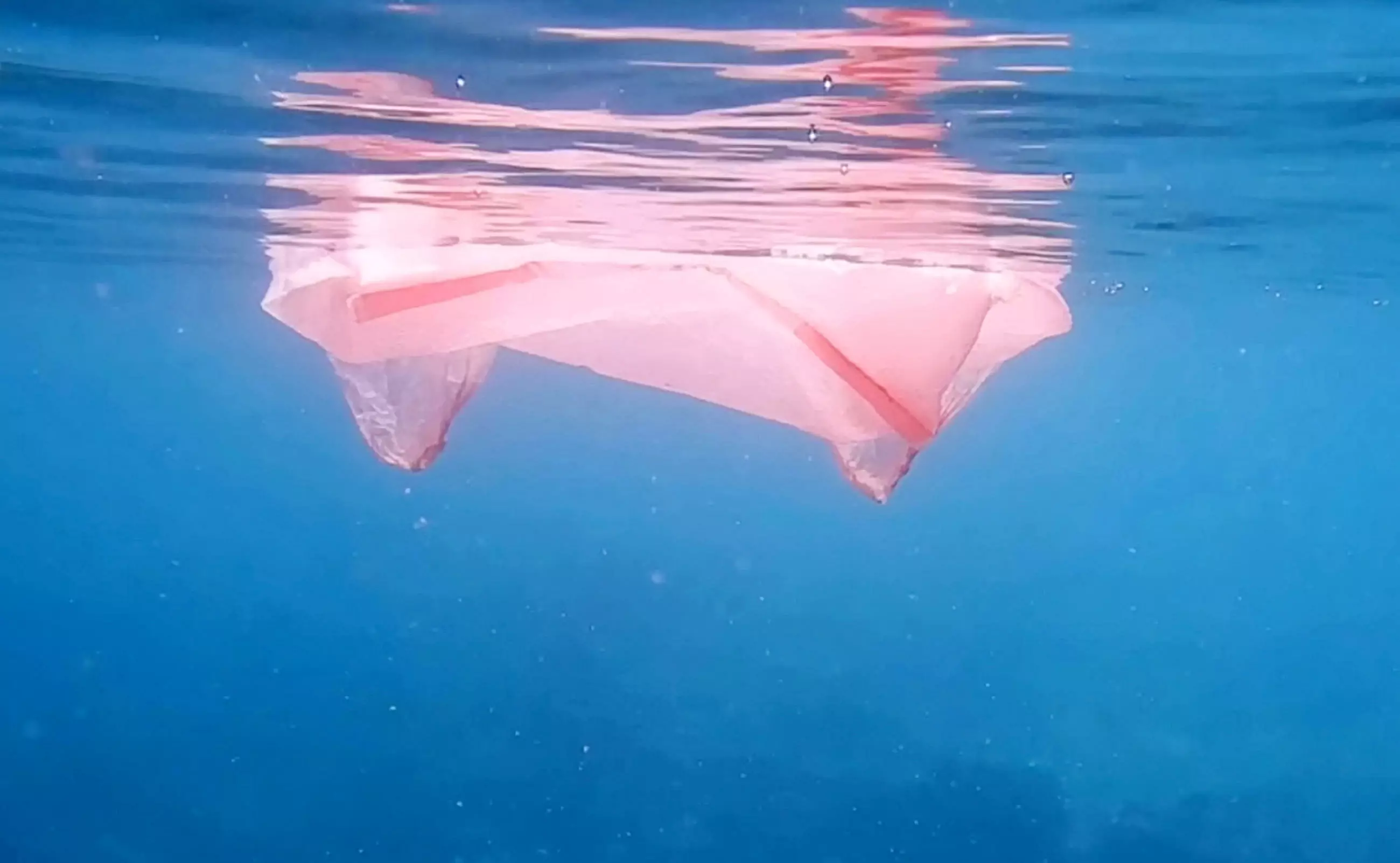
The Maldives has recorded the highest levels of marine micro plastic pollution on the planet.
The waters of the Indian Ocean, which surround the holiday paradise, have now taken the title from Tamil Nadu, India, with plastics now widespread, and a serious risk to shallow reef marine life.
The plastic also therefore affects communities on the island, who depend on the marine life as a vital part of their economies.
Advert
The rise in plastic waste confirms fears that rubbish growth is moving at a rapid pace, and outstripping the waste collection capacity on small island nations like The Maldives, famed for their once-pristine coastlines.

Study author Professor Karen Burke Da Silva, of Flinders University in Australia, said: "Current waste management practices in the Maldives cannot keep up with population growth and the pace of development.
"The small island nation encounters several challenges regarding waste management systems and has seen a 58 per cent increase of waste generated per capita on local islands in the last decade."
Advert
Marine scientists recorded the levels of plastic pollution across 22 sites off the coast of Naifaru, the most populous island in The Maldives' Lhaviyani Atoll.
And they found that plastic had infiltrated marine sands all over, publishing their results in the Science of the Total Environment journal.
Lead researcher Toby Patti said: "The concentration of microplastics found on Naifaru in the Maldives was greater than those previously found on a highly populated site at Tamil Nadu, India and was a similar concentration to that found on inhabited and uninhabited islands elsewhere in the Maldives."
Explaining why the area was seeing so much microplastic, the scientists suggested they could have been transported by ocean currents from other countries on the Indian Ocean, such as India.
Advert
They cited that Maldivian land reclamation policies and poor sewerage and wastewater systems could also be partially responsible.
Professor Karen Burke Da Silva said notorious 'rubbish islands' used as landfill sites are also contributing to the the amassing microplastic waste.
Microplastics are pieces of plastic waste measuring less than five millimetres long - and are considered invisible water pollutants due to their size.
These small pieces of plastic can come from bigger items such as clothing, plastic bottles and textiles over time, and end up circulating in the world's oceans.
Advert

The team was particularly concerned about the small size of the plastics they found, because they could easily be ingested by marine wildlife, and even organisms that reside in the coral reefs.
Mr Patti added: "The majority of micro plastics found in our study were less than 0.4mm in width, so our results raise concerns about the potential for microplastic ingestion by marine organisms in the shallow coral reef system.
"The accumulation of microplastics is a serious concern for the ecosystem and the local community living off of these marine resources, and can have a negative impact on human health."
Advert
So, what's the solution? According to researchers, the first thing we need to do is better the Maldives' waste management systems so that they can handle current consumption habits.
"Without a significant increase in waste reduction and rapid improvements in waste management, small island communities will continue to generate high levels of microplastic pollution in marine environments, with potential to negatively impact the health of the ecosystem, marine organisms, and local island communities," the Professor said.
Featured Image Credit: UnsplashTopics: Life News, climate change, News, Nature